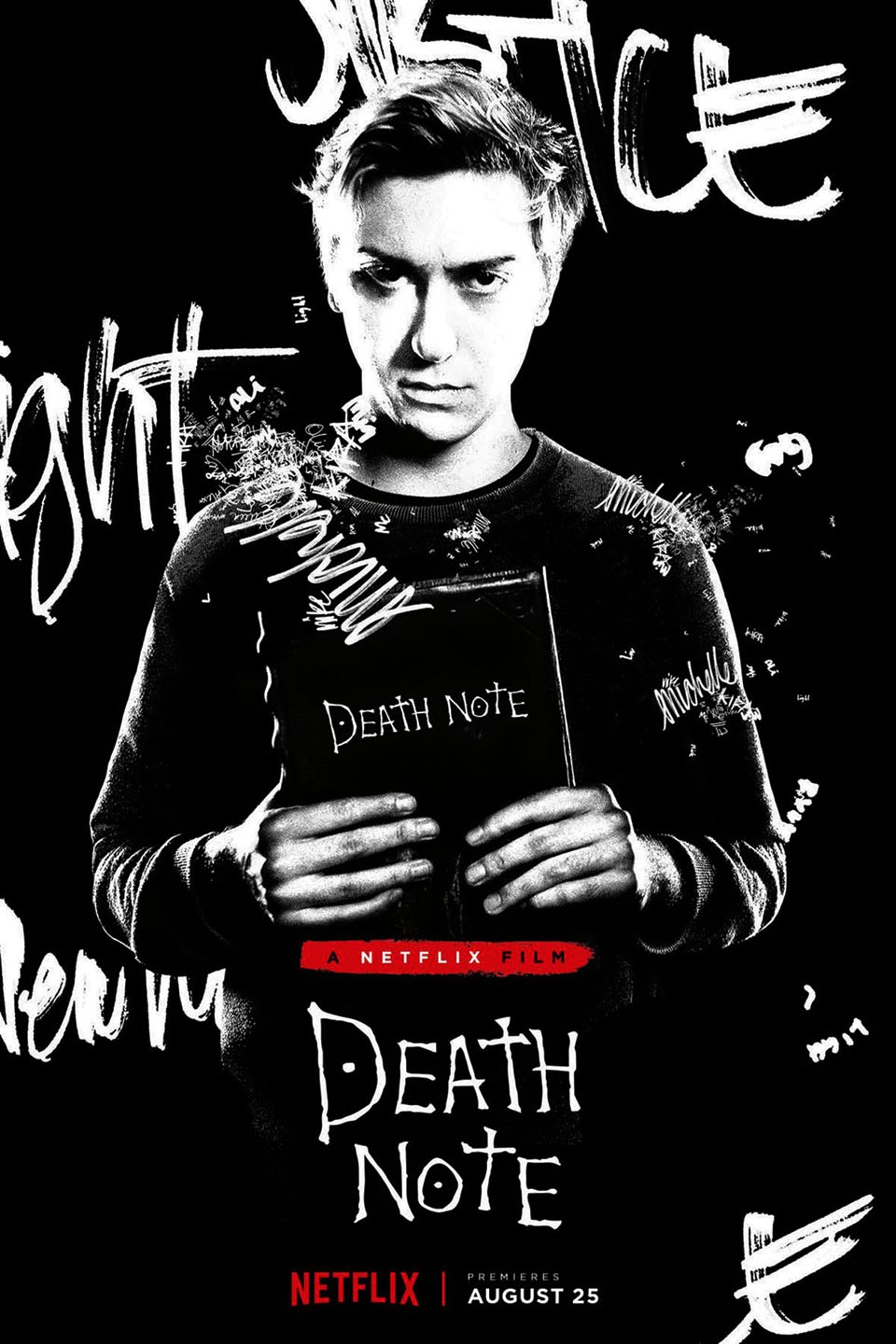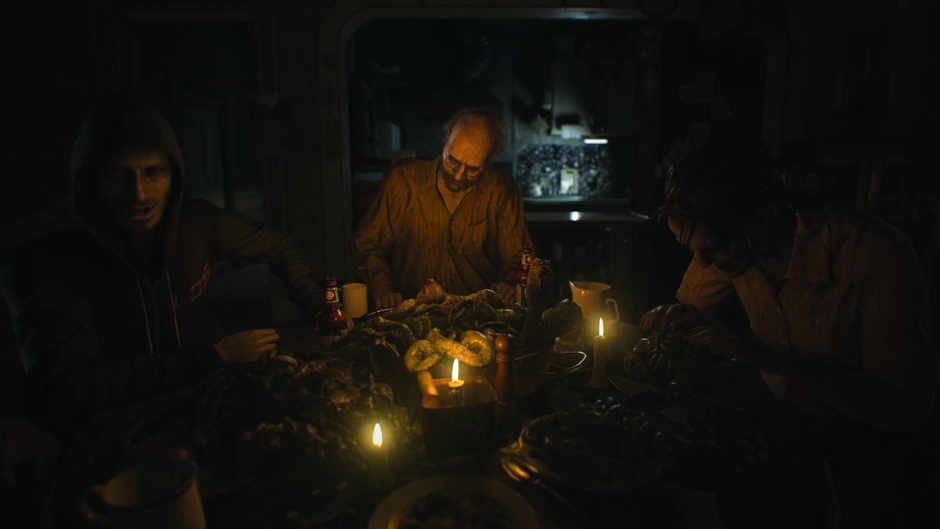Salena Moran & Evan Penrod | Staff Writers
03/27/19
Following the success of his thriller Get Out (2017), director Jordan Peele’s sophomore film Us (2019) debuts an original horror story combining the best of slasher movies with a deeper psychological twist.
Us begins with the backstory of Adelaide Wilson (Lupita Nyong’o) and her traumatizing experience as a child who gets lost while on a family vacation in Santa Cruz. Now an adult with her own family, Adelaide is uneasy about returning to her childhood vacation home. One night, an intrusion of four individuals on their property reveals their grotesque and eerie doppelgangers who are out for blood, unveiling a spiral of much darker secrets.
After winning the Oscar for Best Original Screenplay in 2018, Jordan Peele needed to ensure that his next feature film was another true-to-form story that would solidify his skills as an up-and-coming director. Peele delivers a breath of fresh air, showing his love for the craft and daring to tell a thought-provoking story with such ingenuity. He harnesses his love for the horror genre in subtly paying homage to the greats of horror/thriller movies past through various shots and set pieces.
Us maintains intensity from start to finish, fostering an overall sense of unease in even the most peaceful, lighthearted shots. The film manages to escalate fear, even with the presence of humorous dialogue. Some of the interjected humor may not have struck the right chord, but the inclusion of these elements creates a very believable family and world where the characters are real and genuine.
Nyong’o undoubtedly carried this film with her superb acting. As one woman playing two different characters edited in the same shot, the dynamic shift between scared, fragile mother and demented, tortured doppelganger revealed her impressive ability to heighten the movie experience. Nyong’o’s eerie, raspy voice even played off a real vocal condition present in individuals who were extremely traumatized. One can only hope Lupita receives an Oscar nod for this role.
While Get Out was a thriller focused on poignant social commentary, Us more closely aligns with a traditional horror movie. The classic horror aspects include the weapon-wielding villains wreaking gory havoc on the scene, chase sequences and the “final girl” trope. However, Peele sheds new light and intensity on these typically cliche elements through intelligent writing and a distinctive touch.
Us provides a very engrossing and memorable score that is equal parts playful and creepy. The score composed by Michael Abels combines strings and upbeat rhythms that seem to balance terror and joy into one package. The score only enhances the movie through enveloping the audience into the storyline. There are also some pieces within the score that play upon the characters and their wicked counterparts, as the “normal” characters’ score becomes an eerie call and response in moments of apprehension.
The strength of Us is that it entices audiences to rewatch it after the secrets are revealed to look for aspects missed on the first viewing. The hidden meanings and room for interpretation and discussion prevent this movie from being a one-and-done venture. A movie’s ability to leave a lasting impression allows for a new and different experience with each new watch.
Jordan Peele ultimately stresses the importance of representation in the horror genre. He defies stereotypes that pigeonhole African-Americans in comedic roles. His organic writing and cinematography are absolutely fantastic, original and engrossing. Peele has definitely found his footing in understanding what makes horror a unique and versatile genre, and his ability to dive right in and commit himself fully to the craft is very admirable. Us is a testament to Peele’s work in inspiring the next generation of filmmakers and for all of the right reasons.




